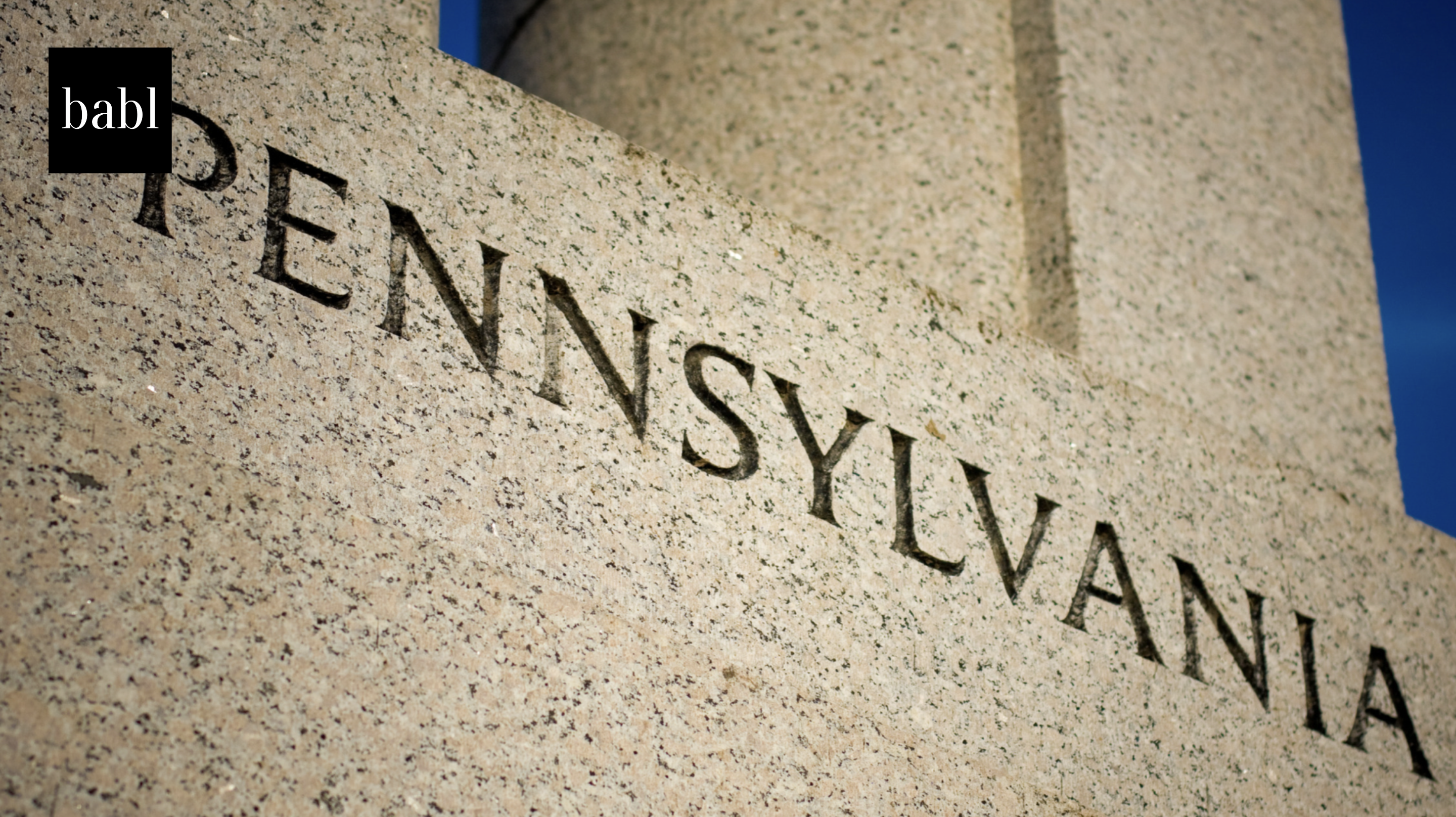UPDATE – JANUARY 2026:
Since the enactment of Executive Order 2023-19, the Generative AI Governing Board has begun drafting policies focused on bias mitigation, transparency, and public accountability. As Pennsylvania and other states formalize their AI governance strategies, BABL AI supports organizations navigating executive-level AI policy mandates and compliance obligations.
ORIGINAL STORY:
Pennsylvania Executive Order Signed for Generative AI
Governor Josh Shapiro of Pennsylvania has signed Executive Order 2023-19 – Expanding and Governing the Use of Generative Artificial Intelligence Technologies Within the Commonwealth of Pennsylvania. Just like what we saw earlier this month in the State of Virginia, Governor Shapiro recognizes the need for oversight and regulation when it comes to AI.
The Executive Order, issued on Sept. 20, 2023, emphasizes the need for responsible and ethical use of Generative AI, while recognizing its potential to improve communication and services for Pennsylvanians. The order calls for the creation of the Generative AI Governing Board, which is a key component of the order. The Board will be responsible for providing guidance and direction on design, development, acquisition and deployment of Generative AI in state agencies, including state policies on the use of Generative AI. The Board is also responsible for ensuring transparency and accountability, as well as testing for bias and addressing any privacy concerns. The order refers to Generative AI as AI that uses algorithms to generate new content, data, or other inputs.
Generative AI Governing Board Under Executive Order 2023-19
The cornerstone of the executive order is the creation of the Generative AI Governing Board. This 12-member board will oversee how Generative AI is designed, developed, acquired, and deployed across state agencies.
Key responsibilities include:
- Setting policies on the ethical use of Generative AI
- Ensuring transparency and accountability
- Conducting bias testing and addressing privacy risks
Generative AI is defined in the order as systems that use algorithms to produce new content, data, or other outputs.
Engaging Experts and Ensuring Informed Policy
The board will collaborate with experts from both the public and private sectors to stay ahead of industry trends and best practices. These advisors will help guide research goals, identify emerging risks, and ensure that state policies are informed by the latest developments in AI.
In addition to expert input, the board is required to create mechanisms for public feedback. This includes engagement with state workers, labor organizations, and citizens. The goal is to build public trust while safeguarding security, infrastructure, and sensitive data.
The order also affirms that AI should not replace human creativity or moral judgment, and that its use must center on supporting public employees and aligning with ethical standards.
Board Composition and Implementation
The board will include senior officials such as:
- The Governor’s Chief of Staff
- Chief Transformation and Opportunity Officer
- Secretary of Policy and Planning
- Chief Information Security Officer
- Other key state leaders
The order took effect immediately and remains in place unless amended or rescinded.
Need Help?
Executive Order 2023-19 marks a growing trend among U.S. states to establish AI-specific oversight for government operations. If you have questions on how these Executive Orders could affect your company, reach out to BABL AI and one of their Audit Experts can help.





